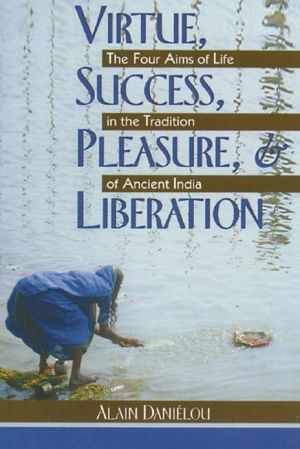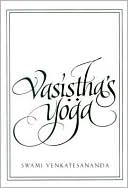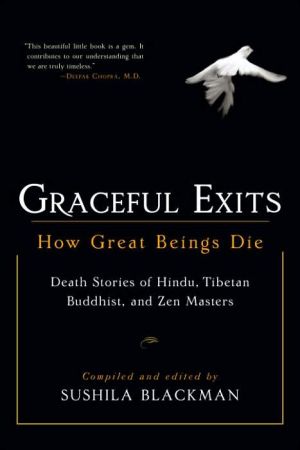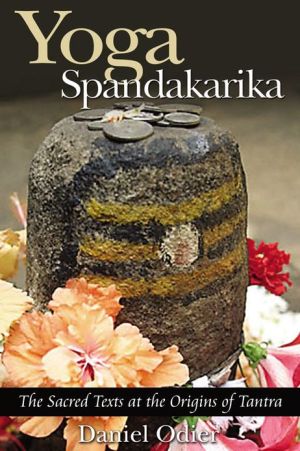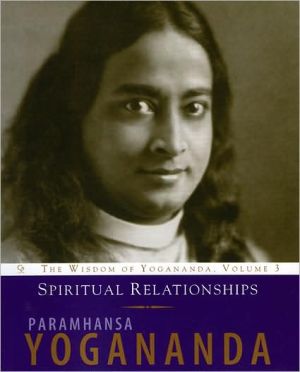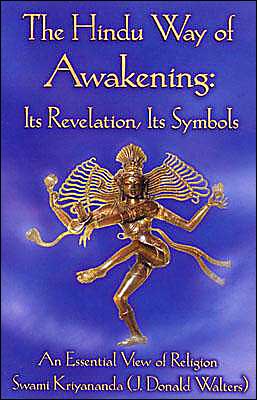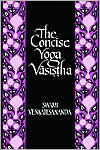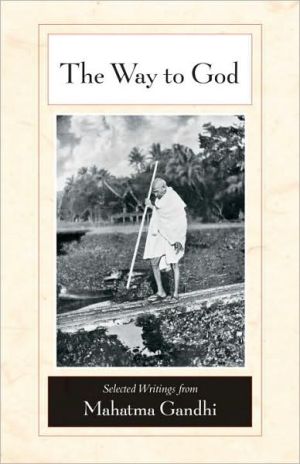Virtue, Success, Pleasure & Liberation: The Four Aims of Life in the Tradition of Ancient India
What is the Nature of the social order that unquestionably produced one of the greatest and longest lasting civilizations known to humankind? Alain Daniélou, distinguished Orientalist, musicologist, and linguist, reveals the foundations of India's culture and the four aims of human life as they are viewed in the traditional Hindu society: virtue on a moral plane; success on the material and social planes; pleasure on a sensual plane; and liberation on a spiritual plane. Coexistent with these...
Search in google:
Exploring the fundamental concepts of the caste system, Alain Danielou addresses issues of race, individual rights, sexual mores, marital practices, and spiritual attainments. In this light, the author explains how Hindu society has served as a model for the realization of human potential, and exposes the inherent flaws and hypocrisies of our modern egalitarian governments.Alain Daniélou currently resides in Italy and is the author of more than thirty books about the philosophy, religion, history, and arts of India. Following a series of successful careers as a dancer, musician, and composer (Cocteau, Diaghilev, and Stravinsky were among his friends), he eventually settled in India where he spent fifteen years in the study of Sanskrit, philosophy, and music. Daniélou speaks and writes Hindi fluently and is an accomplished player of the vina. After numerous university appointments in India, he returned in 1963 to Europe, where he established an international institute for the reevaluation of the religious music of the Orient. Daniélou's other Inner Traditions titles include The Complete Kama Sutra, Gods of Love and Ecstasy, The Myths and Gods of India, While the Gods Play, and Yoga: Mastering the Secrets of Matter and the Universe. Library Journal "This book is important not only for those wanting to understand India and Hinduism as traditional Indians see them, but also for what different assumptions and values reveal by comparison about our own Western culture . . . Highly recommended."
Note from the Publisher\ Introduction by Robert Lawlor\ Part One\ 1. The Historical Background\ History and Legend\ The Birth of a Civilization\ Sanskrit\ 2. The Bases of Social Order\ The Cycles\ The Origin of the Ages, the Races, and the Castes\ Elements of Social Order\ The Castes\ Occupation, Heredity, Environment\ The Four Tyrannies\ Race and Racism\ Duties and Privileges\ Caste and Marriage\ Caste and Diet\ Caste and Conquest\ The Outcastes\ Protection of Less Advanced Races\ Part Two\ 3. The Nature of the World\ The Nature of the World\ Creation and Perception\ Matter, the Stars, and Life\ 4. The Four Aims of Life\ The Four "Aims of Life" (Purusharthas)\ Action (Karma)\ 5. The First Aim of Life\ Dharma: Duty, Virtue - Self-realization on the Moral Plane\ Ethics\ Moral Purity, Ritual Purity, and Untouchability\ The Three Debts of Man\ The Role of Women\ Population Control\ 6. The Second Aim of Life\ Artha: Material Goods, Wealth, Success, Power - Self-realization on the Social Level\ Material Goods\ The Acquisition and Use of Wealth\ 7. The Third Aim of Life\ Kama: Pleasure, Sexuality, Enjoyment - Self-realization on the Sensual Level\ Pleasure\ Pleasure and the Other Aims of Life\ Pleasure and Liberation\ Pleasure, the Individual, and Society\ The Forms of Erotic Realization\ Erotic Arts and Techniques\ 8. The Fourth Aim of Life\ Moksha: Liberation - Self-realization on the Spiritual Plane\ Liberation\ Degrees of Divine Union\ Transcendent Reality\ Qualifications\ The Paths of Liberation\ Samadhi\ 9. The Four Stages of Life\ The First Stage of Life: The Quest for Knowledge (Brahmacharya)\ The Second Stage of Life: Family Life (Grihastha)\ The Third Stage of Life: Retreat into the Forest (Vana Prastha)\ The Fourth Stage of Life: Renunciation (Sannyasa)\ 10. Conclusions\ Hindu Society in the Modern World\ Appendix 1 - The Thirty-Two Sciences\ Appendix 2 - The Sixty-Four Arts\ Sources\ Index
\ Collin Cleary"Offer[s] us an abundance of excellent advice about how to understand life and to live well."\ \ \ \ \ The Institute of Hermetic Studies"This is one of those books you should give your child when they come of age so that they may understand the natural rhythm of life, their duties, how to find their place, and along with it happiness and freedom in a seemingly chaotic world."\ \ \ From the Publisher\ "This is one of those books you should give your child when they come of age so that they may understand the natural rhythm of life, their duties, how to find their place, and along with it happiness and freedom in a seemingly chaotic world."\ \ \ \ \ Library JournalDanielou, an Orientalist and musicologist who lived in India for more than 20 years and is a leading Hindu scholar as well, provides a sympathetic presentation of the way Hindu society coped with racial and cultural diversity. Danielou rejects Western perspectives of democracy and alleged equality by presenting Indian social thought and order on their own terms. His book is important not only because it shows Hinduism as traditional Indians see it but because it clarifies Western culture and cultural imperialism by examining a different set of assumptions. Highly recommended for seminary, academic, and large public libraries.\ \
